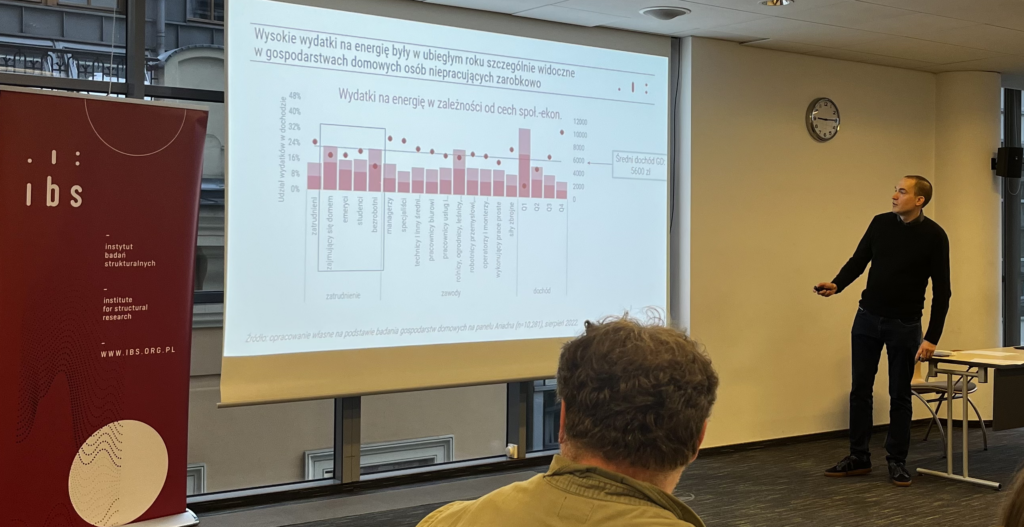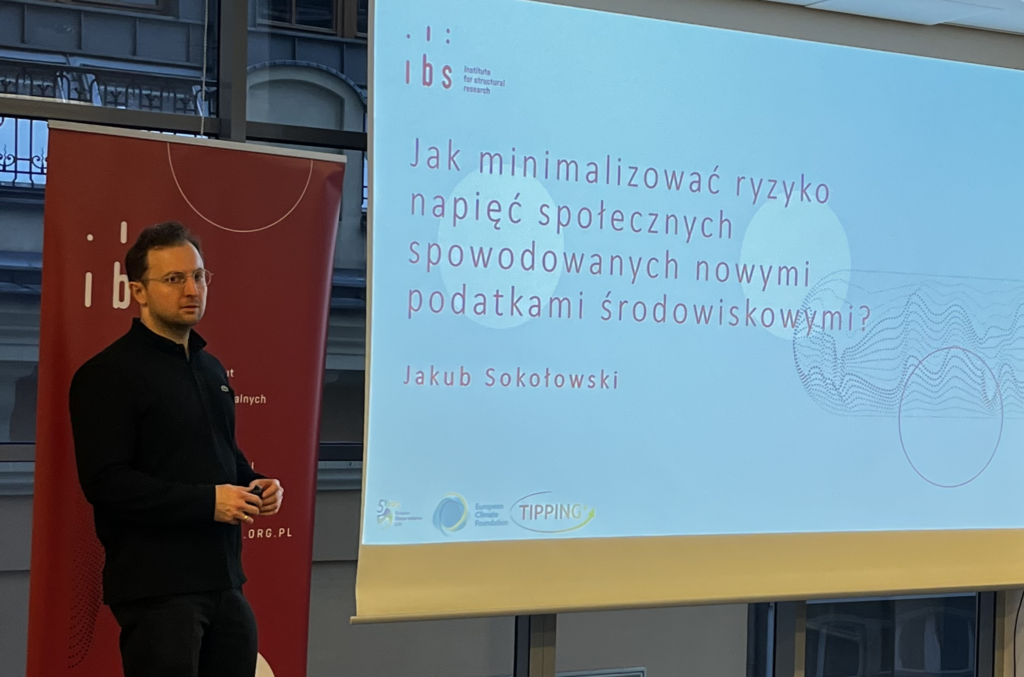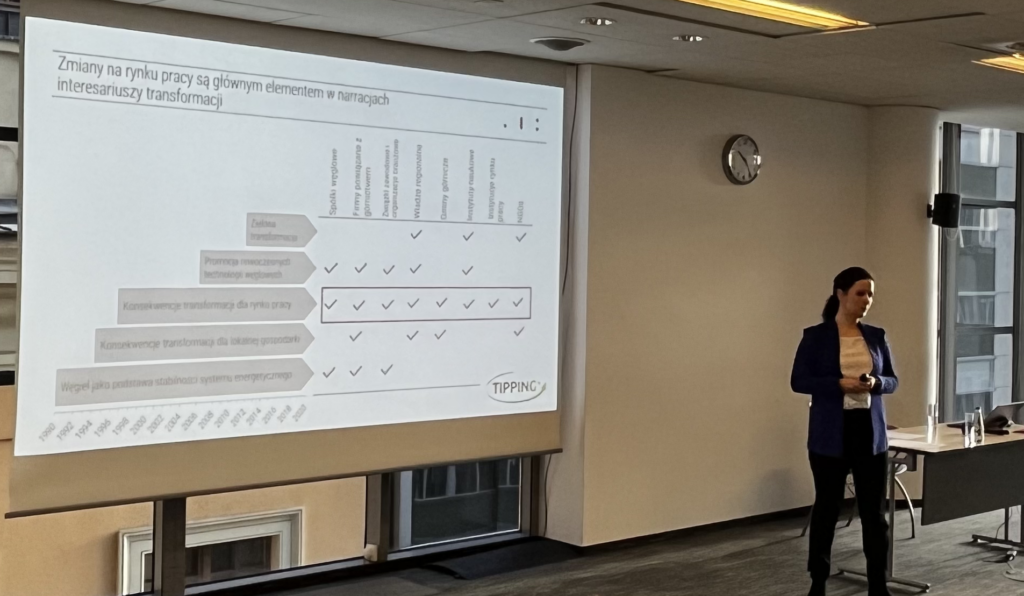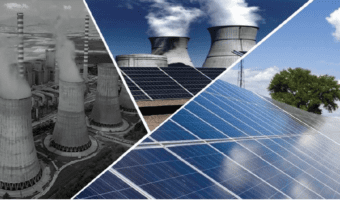The workshop aimed to provide the most up-to-date information from the perspective of short- and long-term policies mitigating the rise of energy prices, focusing on societal challenges facing energy transformation. The workshop attracted various circles involved in climate policy actions: central government representatives and funding agencies, regional governments, NGOs, companies and research institutes, with whom we have been cooperating.
In the beginning, Jan Frankowski presented current energy and transport poverty levels. Based on the Household Budget Survey, energy poverty touched 11% of Polish households (1,5 million), whereas 9% spent a disproportionately high share of transportation costs in their incomes. On the other hand, the wealthiest households, defined by the three highest income deciles of the society, consumed the highest volume of fossil fuels – mainly natural gas, which makes this group firstly predisposed to bear the costs of climate policies.


Jakub Sokołowski presented risks and methods for tackling environmental policies. Based on a discrete choice experiment, he assessed Polish society’s preferences regarding financing energy transition through their resources. The experiment enabled us to estimate the acceptance of environmental policy costs and demanded revenue recycling schemes divided into age, gender, trust and political choices. The working paper based on these findings will be available soon.
Finally, Joanna Mazurkiewicz addressed the challenges of coal and carbon-intensive regions.
Based on the case study of Silesia, she presented the main narrations devoted to the energy transition revealed during the TIPPING+ project, emphasising that job losses took a central place in the positions of all main stakeholders engaged in just transition activities. Then, Joanna showed the results of the indirect employment of hard coal mining with particular attention to the companies with high-tech and medium high-tech potential, which constituted almost 1/3 of the contractors of the mining enterprises.

Vigorous discussion and comments from participants accompanied each of the speeches. We also exchanged feedback on the presented research results during the informal part of the workshop.
IBS will publish some of them soon, and we hope they will help prepare future energy and climate policies, i.e. national implementation plan for Social Climate Fund and the other policies fostering just energy transformation in Poland.
* * *
The following projects financed the event:
Distributional Effects of Emission Taxes in Central and Eastern Europe, funded by the European Climate Initiative (EUKI),
Mechanisms of supporting environmental fees in Poland, financed by the European Climate Foundation as well as
TIPPING+, funded by European Union’s Horizon 2020 research and innovation programme under Grants Agreement no. 884565.


